solar lighting in Africa | Quenenglighting Expert Guide
Navigating Solar Lighting Procurement in Africa: Expert Insights for Sustainable Solutions
Africa's vast potential for solar energy makes solar lighting an increasingly viable and crucial solution for both urban and rural development, industrial operations, and commercial facilities. With significant portions of the continent still lacking reliable grid access, solar lighting offers an independent, sustainable, and cost-effective alternative. For procurement professionals, understanding the unique landscape, challenges, and opportunities of deploying solar lighting in Africa is paramount to ensuring successful, long-term investments. This guide addresses key considerations for acquiring robust and efficient solar lighting systems tailored for the African context.
What are the Key Benefits of Adopting Solar Lighting Solutions in Africa, Especially for Industrial/Commercial Use?
The adoption of solar lighting in Africa offers multifaceted benefits that extend beyond mere illumination. For industrial and commercial sectors, these include significant operational cost savings by eliminating reliance on expensive and often unreliable grid electricity or diesel generators. Solar solutions reduce carbon footprints, aligning with global sustainability goals. They provide energy independence, mitigating the impact of power outages and grid instability, which are common in many African regions. Enhanced safety and security in commercial premises, mining sites, and public spaces are also critical, as consistent lighting reduces crime and accidents. Furthermore, reliable lighting can extend operational hours for businesses and industries, boosting productivity and economic activity. According to the International Renewable Energy Agency (IRENA), renewable energy, primarily solar, is central to meeting Africa's growing energy demand sustainably.
What are the Main Challenges and Considerations When Deploying Solar Lighting in African Contexts?
Despite the immense potential, deploying solar lighting in Africa comes with specific challenges. Harsh environmental conditions, including high temperatures, dust, and intense UV radiation, demand highly durable and robust equipment. Theft and vandalism are concerns, necessitating anti-theft designs and secure installation practices. Logistical complexities, such as poor infrastructure and remote locations, can increase transportation costs and delays. The availability of skilled local personnel for installation, maintenance, and repairs can also be limited, making comprehensive after-sales support and training vital. Moreover, the market can be inundated with low-quality, uncertified products, making careful supplier vetting crucial. A 2021 report by the African Energy Portal highlighted that despite progress, ensuring sustainable operations and maintenance remains a key challenge for off-grid solutions.
What Types of Solar Lighting Systems are Most Suitable for Various Applications in Africa?
The suitability of solar lighting systems varies based on the application. For street lighting and public spaces, integrated solar street lights with all-in-one designs are popular due to their ease of installation and reduced wiring needs. For large industrial complexes, warehouses, or mining sites, powerful solar floodlights or modular systems that can be customized for higher luminosity and longer operational hours are often preferred. Solar Home Systems (SHS) are ideal for providing basic lighting and charging capabilities for staff housing or small remote offices. In some instances, larger decentralized mini-grids incorporating solar can power entire industrial parks or commercial hubs, providing not just lighting but also other energy needs. The choice depends on specific lumen requirements, operational hours, and the overall energy ecosystem of the site.
How to Assess the Quality and Reliability of Solar Lighting Products for Long-Term Performance?
Ensuring the quality and reliability of solar lighting products is paramount for long-term performance and return on investment. Key aspects to consider include product certifications such as Lighting Global Quality Standards (supported by the World Bank Group), which verify the performance, durability, and truthfulness of claims for off-grid lighting products. Evaluate the battery technology; Lithium Iron Phosphate (LiFePO4) batteries are generally preferred over lead-acid due to their longer cycle life, higher efficiency, and better performance in varying temperatures. Assess the efficiency and quality of solar panels (e.g., monocrystalline for higher efficiency), the intelligence of the charge controller (MPPT is superior), and the IP (Ingress Protection) rating for dust and water resistance. Robust construction materials (e.g., aluminum alloy housings) and a comprehensive warranty from a reputable manufacturer are also critical indicators of quality.
What are the Cost Implications and Financing Options for Large-Scale Solar Lighting Projects in Africa?
While the upfront cost of solar lighting can be higher than conventional grid-connected solutions, the long-term operational savings often make it more economical. The cost of solar PV technology has fallen by over 80% in the last decade, making it increasingly affordable. Procurement professionals should focus on the Levelized Cost of Energy (LCOE) to compare total lifecycle costs. Financing options are diverse and growing, including traditional debt financing from commercial banks, green financing initiatives from development finance institutions (e.g., AfDB, World Bank), and grants for specific developmental projects. Innovative models like Pay-As-You-Go (PAYG) are also emerging for broader access. Partnerships with local energy service companies (ESCOs) or solar integrators can also provide financing solutions or build-operate-transfer models. Understanding these financing mechanisms is crucial for de-risking and enabling large-scale deployments.

Have more questions about our products or services?
The latest hot news you might like

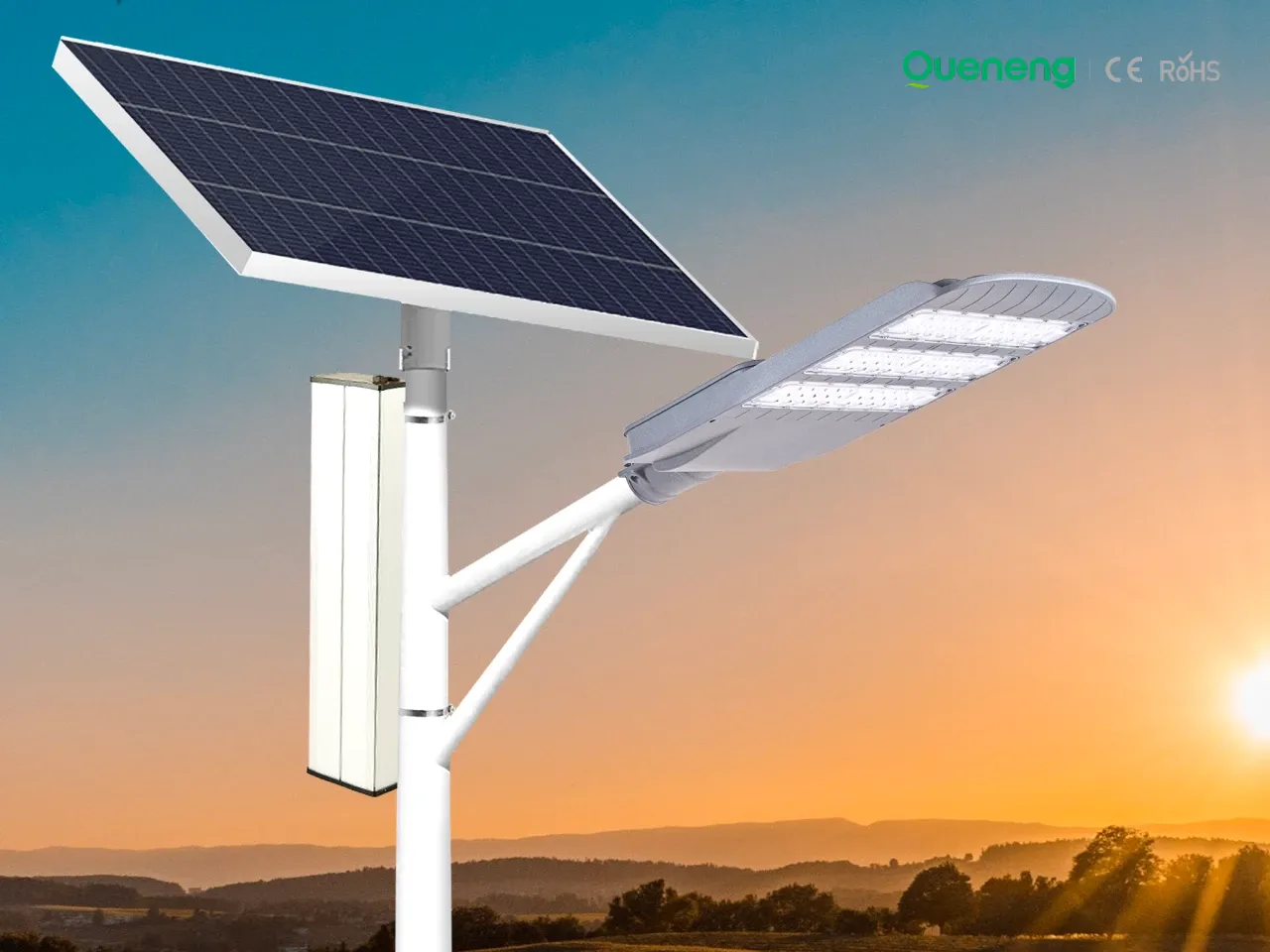

A comprehensive 2026 guide to solar street light pricing. Covers commercial installation costs, LiFePO₄ battery trends, smart IoT features, and a detailed ROI comparison against traditional grid lighting.

A comprehensive 2026 outlook on integrated solar street lights, featuring performance benchmarks like bifacial panels, LiFePO₄ batteries, and Smart City IoT integration for maximum ROI.
FAQ
Solar Street Light Luan
What is the lifespan of Luan solar street lights?
Luan solar street lights have an impressive lifespan. The LEDs can last up to 50,000 hours, and the solar panels can perform efficiently for 25 years or more. The batteries typically last 3 to 5 years, depending on usage and environmental conditions, ensuring long-term value.
How bright are Luan solar street lights compared to traditional street lights?
Luan solar street lights offer brightness comparable to or greater than traditional street lights, using far less energy. The LEDs are designed to provide high-quality, focused illumination, enhancing visibility and safety in outdoor areas while saving energy.
Battery Performance and Testing
What is a penetration test?
What is a 24-hour self-discharge test?
What are the self-discharge rates of different types of batteries?
Battery and Analysis
What is over-discharge and what effect does it have on battery performance?

The Solar Streetlights of Luhao for Municipalities are designed to deliver reliable, energy-efficient, and cost-effective public lighting solutions. Equipped with advanced LED technology, durable lithium batteries, and high-efficiency solar panels, these streetlights provide consistent illumination for roads, parks, residential areas, and government projects.
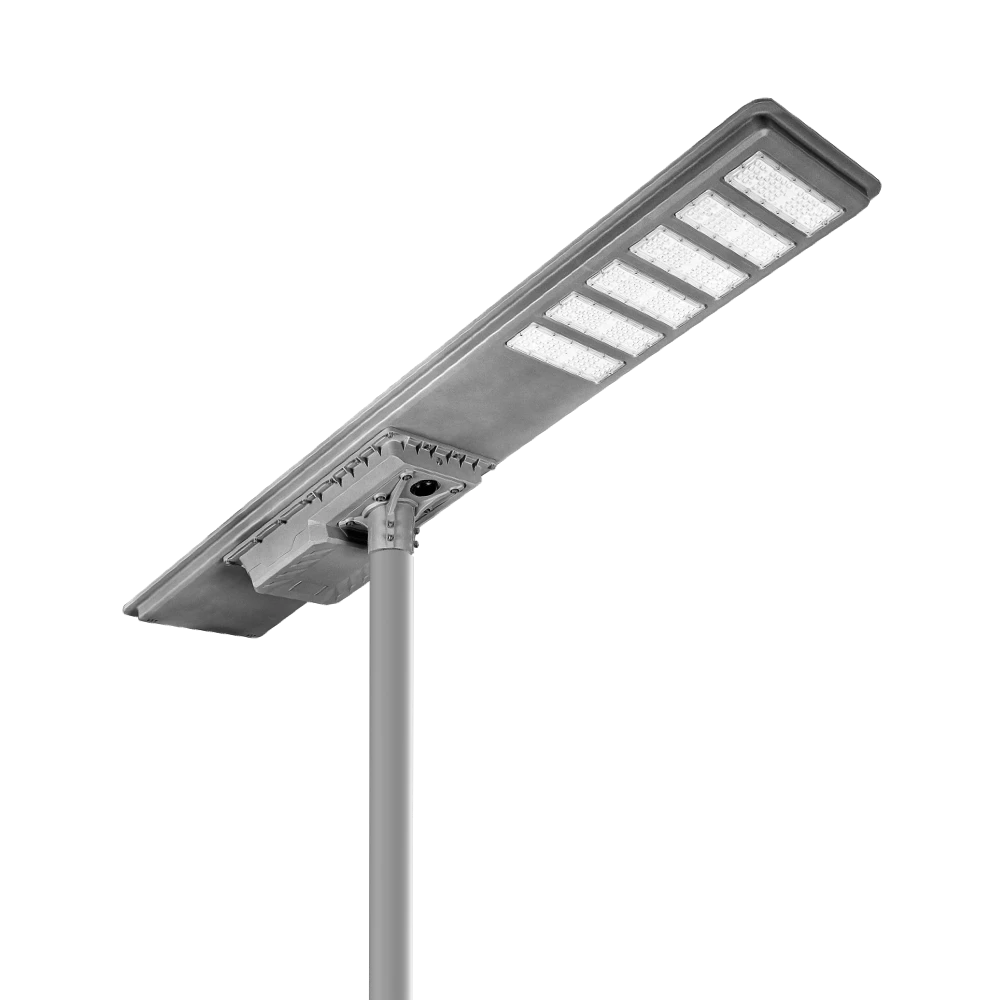
Queneng's Luqiu Innovative Solar Street Light offers energy-saving, durable outdoor lighting. This solar power street light provides a reliable and eco-friendly solution for illuminating your streets and pathways.
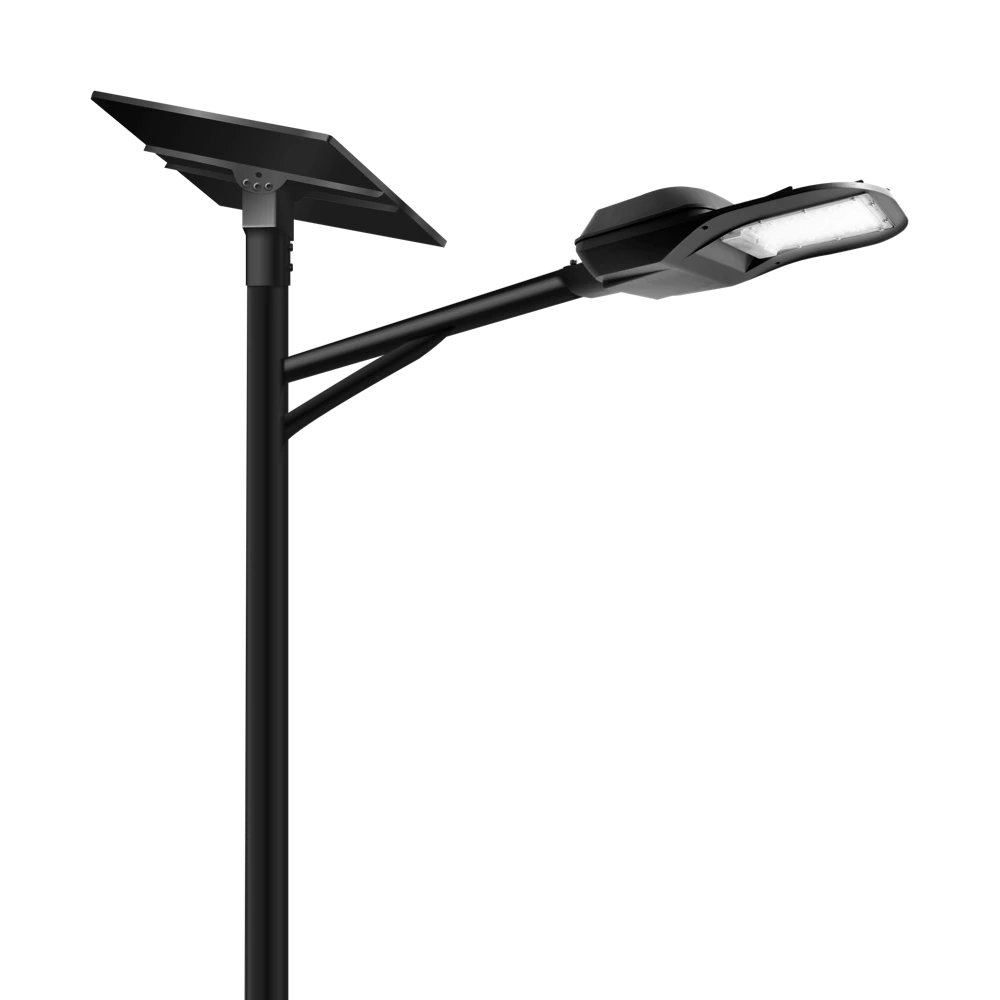

Lubai is an integrated solar street light designed for stable, long‑term outdoor lighting in off‑grid and weak‑grid areas. Combining a high‑efficiency solar panel, LiFePO₄ battery, and intelligent motion sensing, Lubai delivers reliable illumination with low maintenance and fast installation.
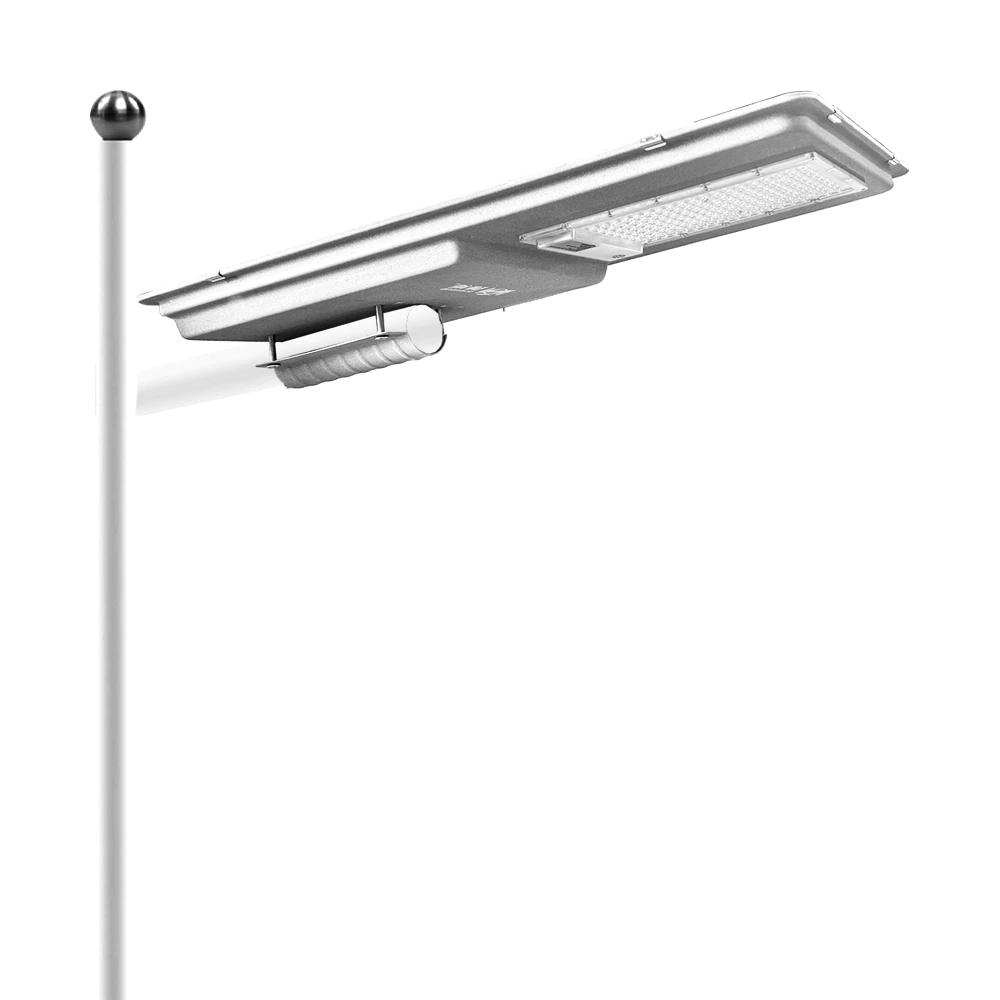
Queneng's Lufa high-efficiency solar LED street lights illuminate urban and commercial spaces brilliantly. These commercial solar LED street lights offer superior energy savings and reliable performance, making them an ideal sustainable lighting solution.
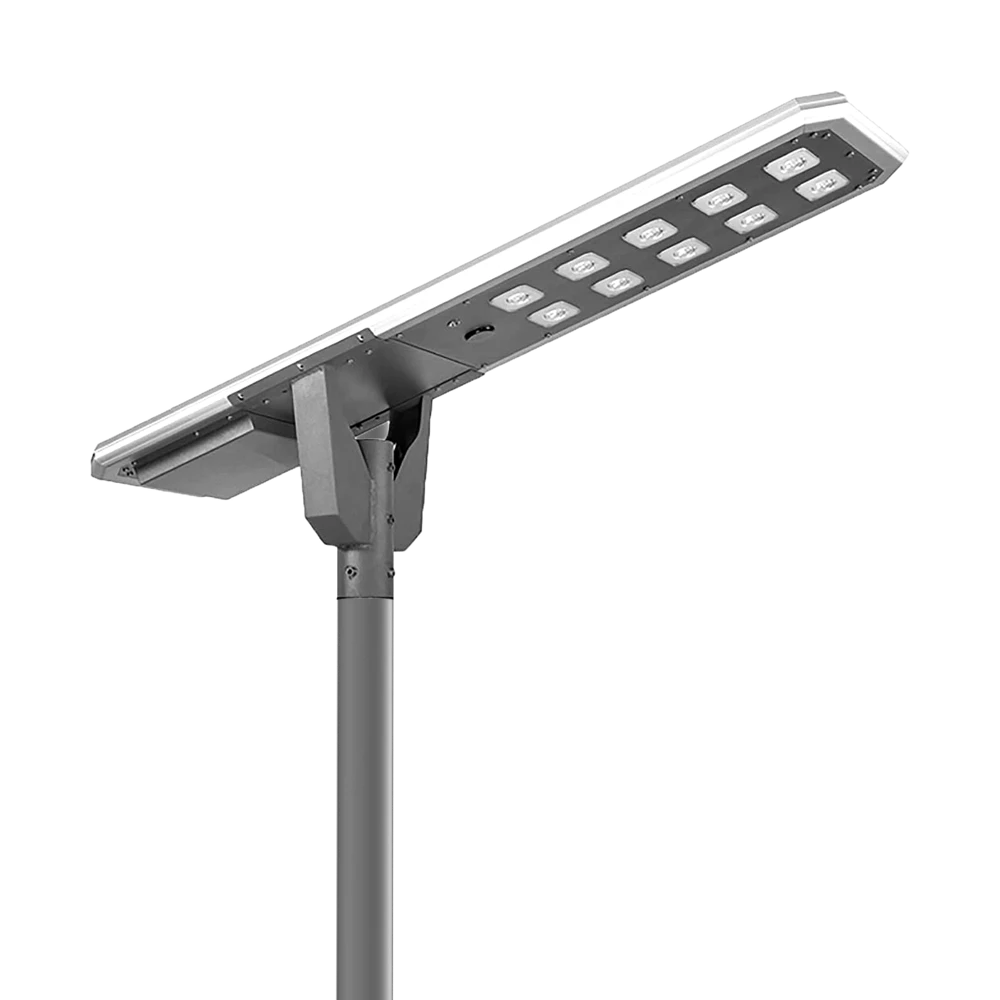
Illuminate your outdoor spaces with the Solar Street Light, a cutting-edge solution combining advanced solar technology and energy-saving LED lighting.
If you would like more information about Queneng solar lighting solutions, please send us a message by filling out the form below. Our professional team will get back to you within 24 hours!
Rest assured that your privacy is important to us, and all information provided will be handled with the utmost confidentiality.
Schedule a Meeting

Book a date and time that is convenient for you and conduct the session in advance.
Have more questions about our products or services?





















